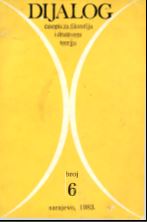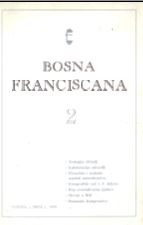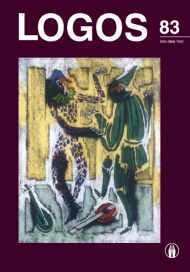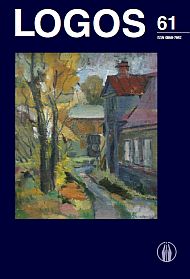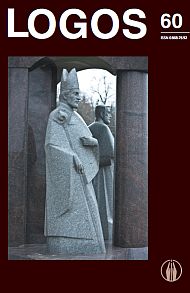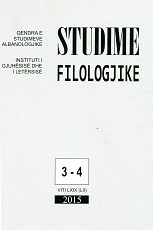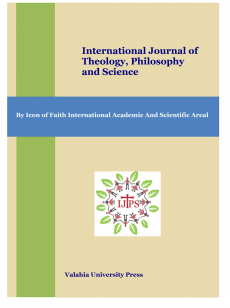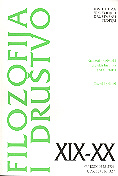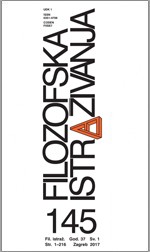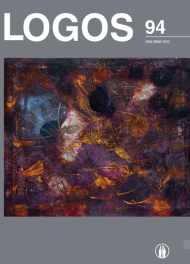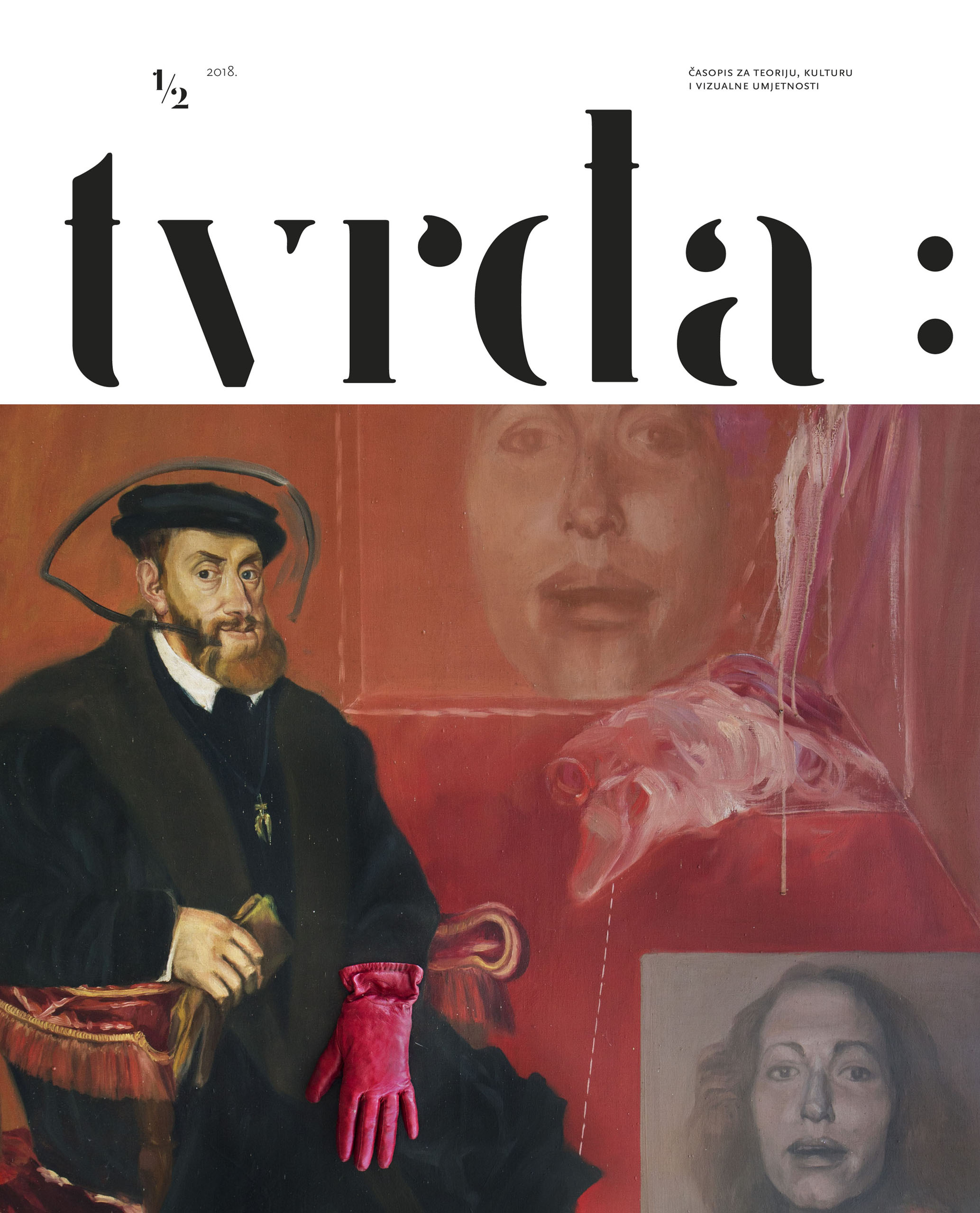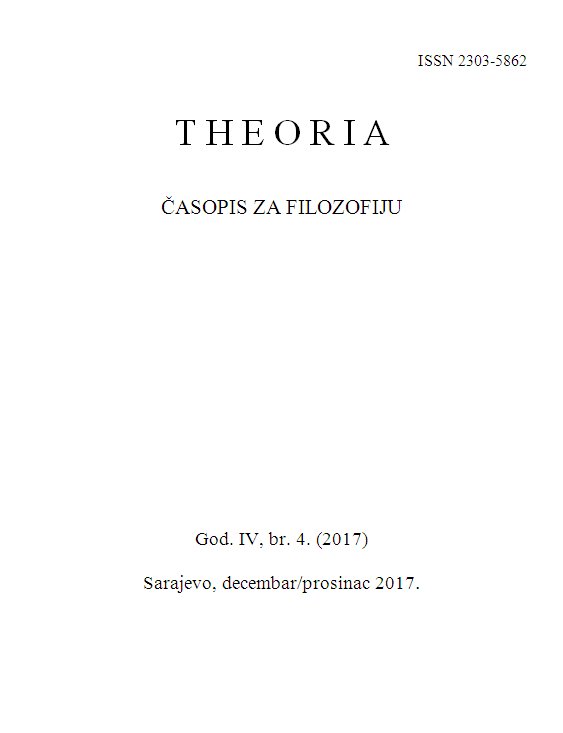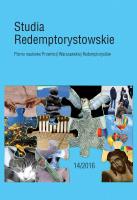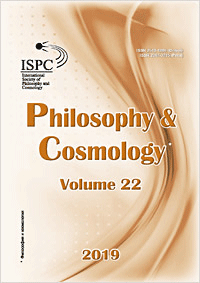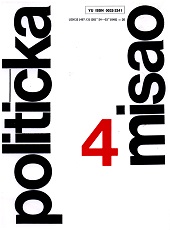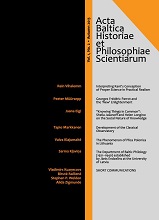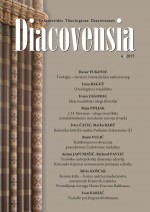Author(s): Davor Rodin / Language(s): Croatian
Issue: 04/1982
Husserl's antiscientism and Scheler's antipragmatism are essentially, and in Scheler's case also explicitly, forms of radical and militant anticapitalism. Heidegger’s concept of frames (Gestell), as the historical form of the openness of the truth of being, combines Husserl's critique of the scientific reduction of the living world with Scheler’s critique of the modern bourgeois practice (ethics]: In this way, despite all his renunciations of both phenomenology and of Marxism, he does not depart from a critique of capitalism as a framework which subjects all forms of practical, productive and theoretical life to clichés in which those activities appear only as its dispositions. To the extent to which Marx's concept of communism has evolved out of Marx's radical critique of capitalism as an essentially non-political society, wherein the system of life has devoured most of the possible practical, or free, activity, to that extent Marx's doctrine Is still viable, irrespective of the objections by proponents of phenomenology that, as a modern scientific philosophy, it is unable to put into effect its communist programme because its anticapitalism is concieved through notions which belong to a capitalist, i.e. scientistic, pragmatic, and ultimately technical reduction of practical activity to the rational system as the only space of freedom. The question would then arise how it was possible for Marx to perceive the boundaries of capital, if, according to the verdict of phenomenologists, his horizon was blocked by a methodology which prevented him from gaining insight into the free practical relationship of man towards the world of life. Evidently, this verdict ignores again the specific nature of the practical definition of freedom.
More...
